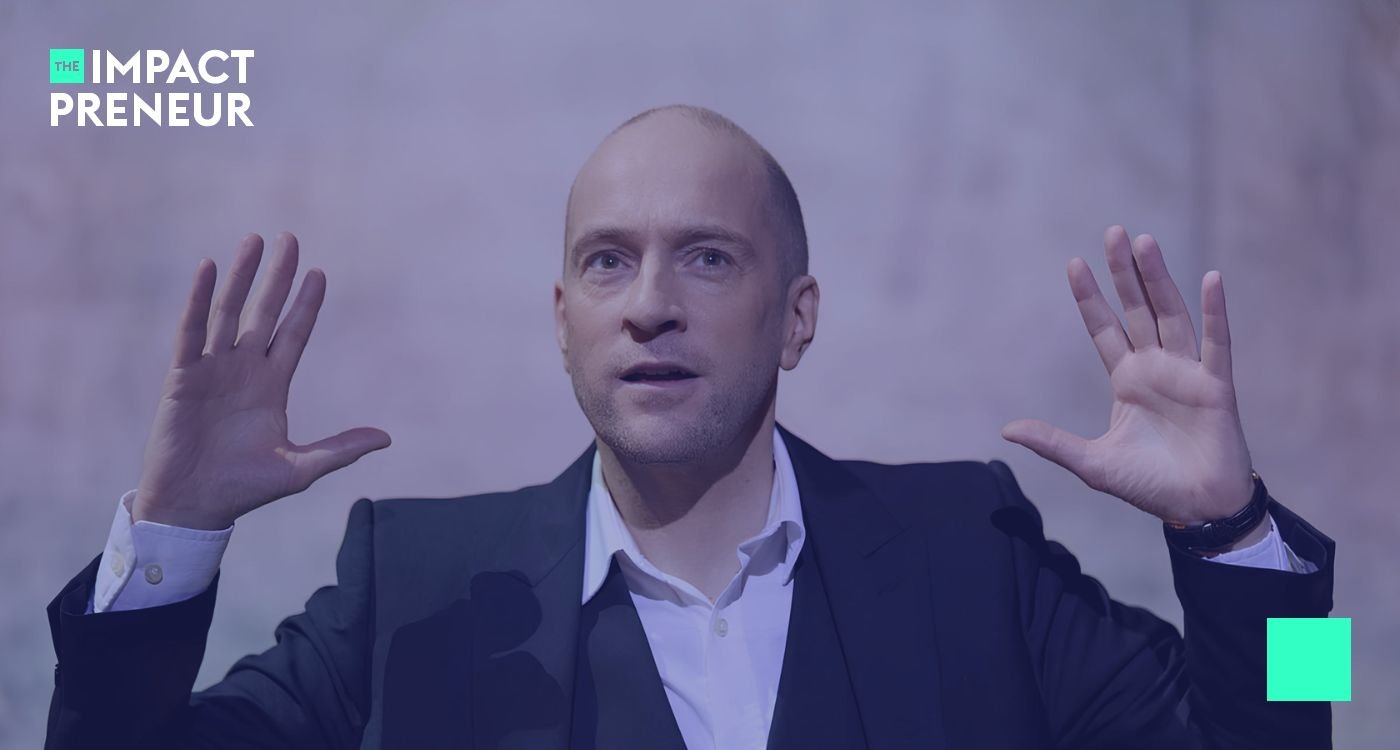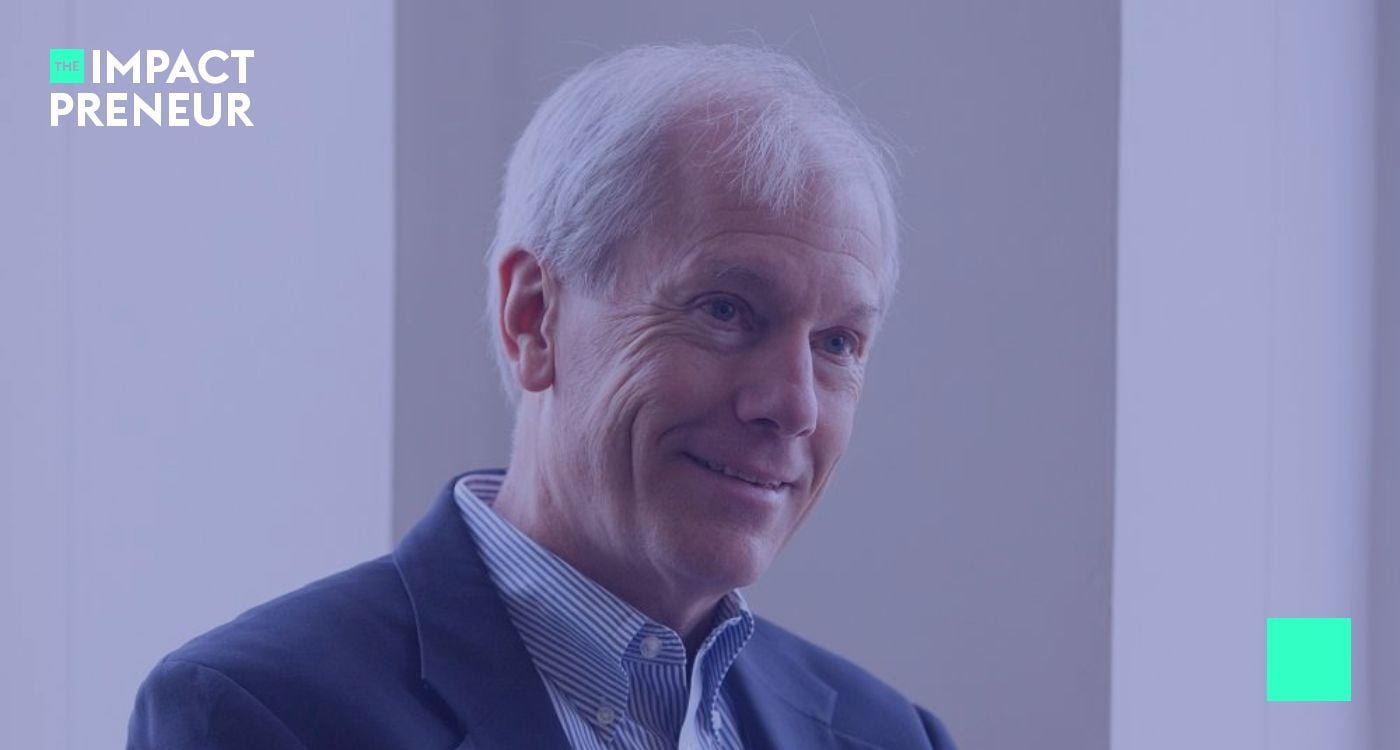Photo by Julia M. Cameron
Ever felt like life's throwing curveballs faster than you can bat? What if I told you the secret to hitting home runs isn't found in the stars but within your own mind? Enter the world of self-coaching, where becoming your own cheerleader isn't just possible; it's essential. Inspired by John Muldoon—a high school principal and an advocate for self-improvement—we're diving headfirst into mastering the art of being your own biggest supporter. This isn't about empty affirmations or wishful thinking—it's about actionable strategies to transform your inner dialogue and, by extension, your life.
Quick Bites:
- You're the MVP of your life—time to act like it.
- Mirror pep-talks: Crazy or genius? Let's find out.
- Gratitude: Not just for Thanksgiving.
- Self-talk: If you wouldn't say it to a friend, don't say it to yourself.
Navigating the Maze Within
Your brain: a labyrinth more complex than that one in "Inception." Most of us wander through the labyrinth of our minds without a map, letting random thoughts dictate our feelings and actions. But what if you took control? Imagine the possibilities if you directed your thoughts instead of being at their mercy. John's journey into self-coaching began with this realization. Remember those motivational tapes from the '90s? Yeah, those were his first clue. These tapes weren't just motivational fluff; they were the first beacon of light in understanding that positive self-talk could fundamentally alter one's reality.
"I remember this one tape in particular," John recalls. "This guy says that the key to happiness is to talk to yourself... to say really great things to yourself."
"I was like, 'Really? Talking to myself is going to change my life?'" John shares, recounting his first try with self-coaching. Spoiler: It did. But it wasn't all smooth sailing. Picture a young John, in the throes of adolescence, trying to convince himself of his coolness by painting "COOL" in big, bold letters on his wall. Desperate? Maybe a tad. Effective? Surprisingly, yes. The turning point came when his sister challenged his approach, leading to an epiphany: true happiness is cooler than "cool."
"My sister, bursting into my room one day, exclaimed, 'You are so not cool!' But then she added something that struck a chord: 'Maybe you should just try to be happy for a little bit.'" A lightbulb moment, folks.
Transitioning from passive listener to active participant is where the transformation begins. John didn't just soak in the motivational mantras; he put them to the test. Speaking affirmations into the mirror might sound outlandish, but it's essentially a training session for your brain. It's about switching from a mindset of self-doubt to one of self-assurance. Think of it as mental gymnastics—flexing and strengthening your positive thought muscles until they're robust enough to take on the world.
Crafting Your Personal Playbook
Step one: Gratitude. Not the once-a-year kind, but an everyday habit. Morning coffee, a friend’s text, your dog’s wagging tail—small wins, big smiles. Begin and end each day by identifying three things you're grateful for. The aim is to condition your brain to recognize and celebrate the positives, thereby fostering an environment where gratitude thrives.
Next up, affirmations. Mirror, mirror on the wall, who’s the fairest of them all? You, after your daily pep talk. Laugh all you want, but affirming your awesomeness to your reflection? Game-changer. Yes, it might feel silly at first, but that's the point. Stepping outside your comfort zone is where growth happens. This practice isn't about vanity; it's about reinforcing your self-esteem and capability, one day at a time.
The third step involves getting intimate with your emotions. When negativity creeps in, don't shove it aside—name it, claim it, and aim to reframe it. Ask yourself: Why am I feeling this way? What's the root cause? Why am I upset? It’s like being a detective in your own psychological thriller. Identifying the source of your emotions is the first step in transforming them. Instead of being swept away by feelings of inadequacy or frustration, you learn to navigate your emotional landscape with intention and clarity.
Now, for the grand finale: Mastering your mindset. It’s about crafting your narrative, like a personal screenplay where you’re the hero, not the cameo. This means actively choosing the narrative you tell yourself, whether it's combating impostor syndrome with evidence of your accomplishments or countering despair with reminders of past resilience. It's about becoming the coach, player, and strategist of your own life.
Becoming Your Own MVP
Self-coaching isn’t a walk in the park. It’s more like a hike up Everest—challenging but oh-so-rewarding; it's a commitment to becoming the best version of yourself. It's about honesty, hard work, and the relentless pursuit of personal growth. Yet, it's these very trials that carve out the space for transformation.
"So, you’re telling me talking to myself in the mirror can change my life?" Yes, and here’s how to start:
- Practice Gratitude: Start and end your day with three things you're grateful for. It could be as simple as a delicious cup of coffee or a text from a friend. This isn't just fluff; it's about rewiring your brain to seek out and celebrate the positive.
- Affirm Your Awesomeness: Every day, look in the mirror and compliment yourself. Feel silly? Good. It means you're stepping out of your comfort zone.
- Emotion Mapping: Whenever you feel a negative emotion creeping in, pause and ask yourself why. Understanding is the first step to overcoming.
- Positive Reinforcement: Catch yourself in the act of negative self-talk and immediately replace it with a positive affirmation. It's about rewiring your brain to think positively by default.
In conclusion, becoming your own life coach isn't about denying reality or plastering over problems with positive affirmations. It's about consciously choosing how you respond to life's challenges, shaping your brain's narrative to be one of resilience, positivity, and growth. So, here's to being your own cheerleader, coach, and biggest fan. Your brain's got your back; you just need to learn how to speak its language. After all, the most important pep talk is the one you give yourself.
Questions on the Topic
Q: How can being honest with myself improve my personal growth?
A: Honesty is the cornerstone of self-improvement. Imagine this: you're standing in front of a mirror, admitting your fears and hopes out loud. Sounds a bit daunting, right? But here’s the kicker – it’s incredibly freeing. It's like peeling off a bandage; it might sting at first, but it's the first step to healing. By acknowledging our true feelings and thoughts, we pave the way for genuine growth. Ever heard the saying, "The truth will set you free"? Well, it turns out, it really does.
Q: Can changing my thought patterns really change my life?
A: Absolutely, yes. Think of your brain as a supercomputer. What happens if you start changing the code? You get different results. John Muldoon shares a life-changing realization from his youth – the power of positive self-talk and gratitude. It's not just fluff; there's science to back it up. Studies show that positive affirmations can rewire our brains, leading to happier and more fulfilled lives. It's like turning a gloomy, gray sky into a sunny day, simply by adjusting our internal dialogue. Who knew that the secret to happiness could be as simple as changing the conversation in our heads?
Q: How effective is gratitude in transforming one’s outlook on life?
A: Transformative! John Muldoon experimented with expressing gratitude daily and found it to be a game-changer. Gratitude opens our eyes to the goodness around us, often overlooked in our busy lives. It’s not just about feeling better; it’s about rewiring our brains to see the world in a new light. Plus, who doesn't love feeling like every day is Thanksgiving?
Q: What’s the first step in becoming your own life coach?
A: The first step is to grab the steering wheel of your mind. You wouldn't let a random stranger drive your car, so why let random thoughts control your life? John Muldoon emphasizes the importance of self-awareness and intentionality in our thinking. It's about identifying those sneaky, negative thought patterns and consciously choosing to replace them with positive ones. Think of it as coaching yourself to victory in the grand game of life, where the prize is your happiness and fulfillment. Ready to be the MVP of your own life? It starts with a single thought.
Q: Can imagining success actually lead to real-life achievements?
A: Picture this: you’re throwing the perfect football pass, but only in your mind. Sounds like just daydreaming, right? Wrong. Research, as John Muldoon points out, has shown that mental practice can significantly boost actual performance. It’s like having a secret workout session for your brain, strengthening the muscles of your mind. This mental rehearsal primes you for success, proving that the power of imagination is not just for artists and dreamers. So, next time you're gearing up for a challenge, remember: visualizing success is not just a part of the process; it might just be the key to winning.




